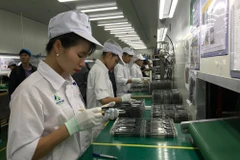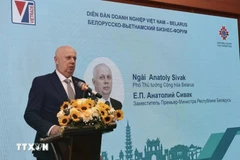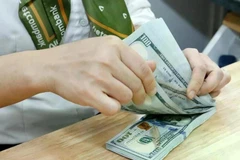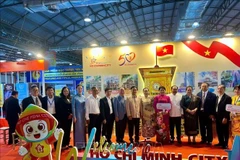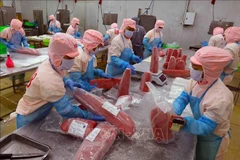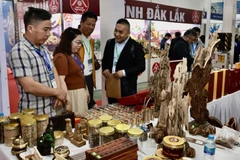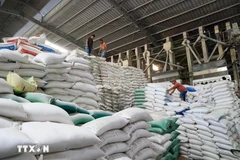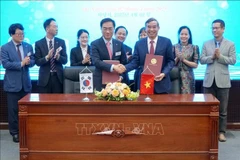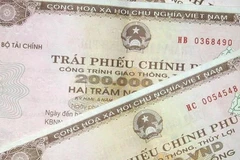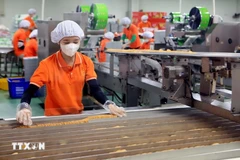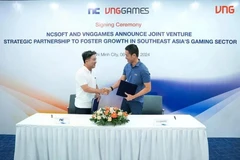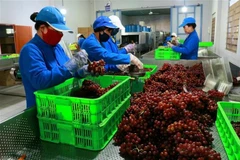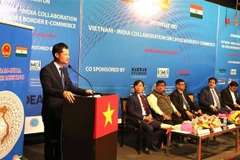Akira Kojima, director ofKeyPlus, a HCM City-based investment promotion and trade representativefirm, said that with a population of 120 million, most of them affluent,Japan presents a very large and attractive consumption market forVietnamese exporters.
Furthermore, the Vietnam-JapanEconomic Partnership Agreement that became effective in October 2009,has opened the door for many kinds of Vietnamese goods to enter theJapanese market, he said.
The current appreciation ofJapanese yen and depreciation of Vietnamese dong have made Vietnamesegoods cheaper in the Japanese market, and this was a particularly goodtime for Vietnamese firms to boost exports of their products to Japan,Kojima said.
In addition, with higher production costs inChina, many Japanese companies have shifted their production base toVietnam, he noted.
Ngo Trung Hieu, director of Keyplus,said "Japan has high demand for agricultural, forestry and fisheriesproducts and these are Vietnam's strengths."
Local firms therefore should focus more on boosting the export of these items to Japan.
However, firms should invest in advanced processing facilities to add more value to their seafood and farm produce, he said.
Tu Minh Thien, director of the HCM City Investment and Trade PromotionCentre (ITPC), said besides seafood, other commodities includingmechanical equipment, computer parts, handicraft, foodstuff, textile andgarments, wood products and farm produce are also items that have highpotential for export to the Japanese market.
However, withhigh requirements in quality, hygiene and food safety of the Japanesemarkets as well as fierce competition among exporters, local companieshave faced a lot of challenges when entering the market, Thien said.
Vietnamese enterprises do not really understand the Japanese market, hesaid, adding that his agency will boost trade promotion activities tohelp the processed food and handicraft sectors enter the Japanesemarket.
For successful entrance to the Japanese market, itis very useful to understand the business culture, institutions andnetworks of Japanese enterprises, said Tadashi Kikuchi, economic attacheof the Japanese Consulate General's office in HCM City.
"Vietnamese SMEs will have to learn certain aspects of Japanesebusinesses, such as punctuality in all business operations," he said.
Akira Kojima agreed, saying that Vietnamese firms should understand themarket and business culture of Japan and relentlessly improve theirproducts and service quality if they want to successfully penetrate theJapanese market.
In addition, Vietnamese firms have toconduct research on the Japanese market and customers' tastes to knowhow to pitch their products and services most effectively, he said.
They should also focus on quality and ensuring delivery time to win the trust of Japanese partners, he said.
Delegates at the conference advised that local firms strengthenpromotion activities and take part in international trade fairs tomarket their products and seek more partnerships.
Organised by ITPC, more than 50 businesses participated in theconference that was titled "Japanese market: Export opportunity forVietnamese companies." /.

